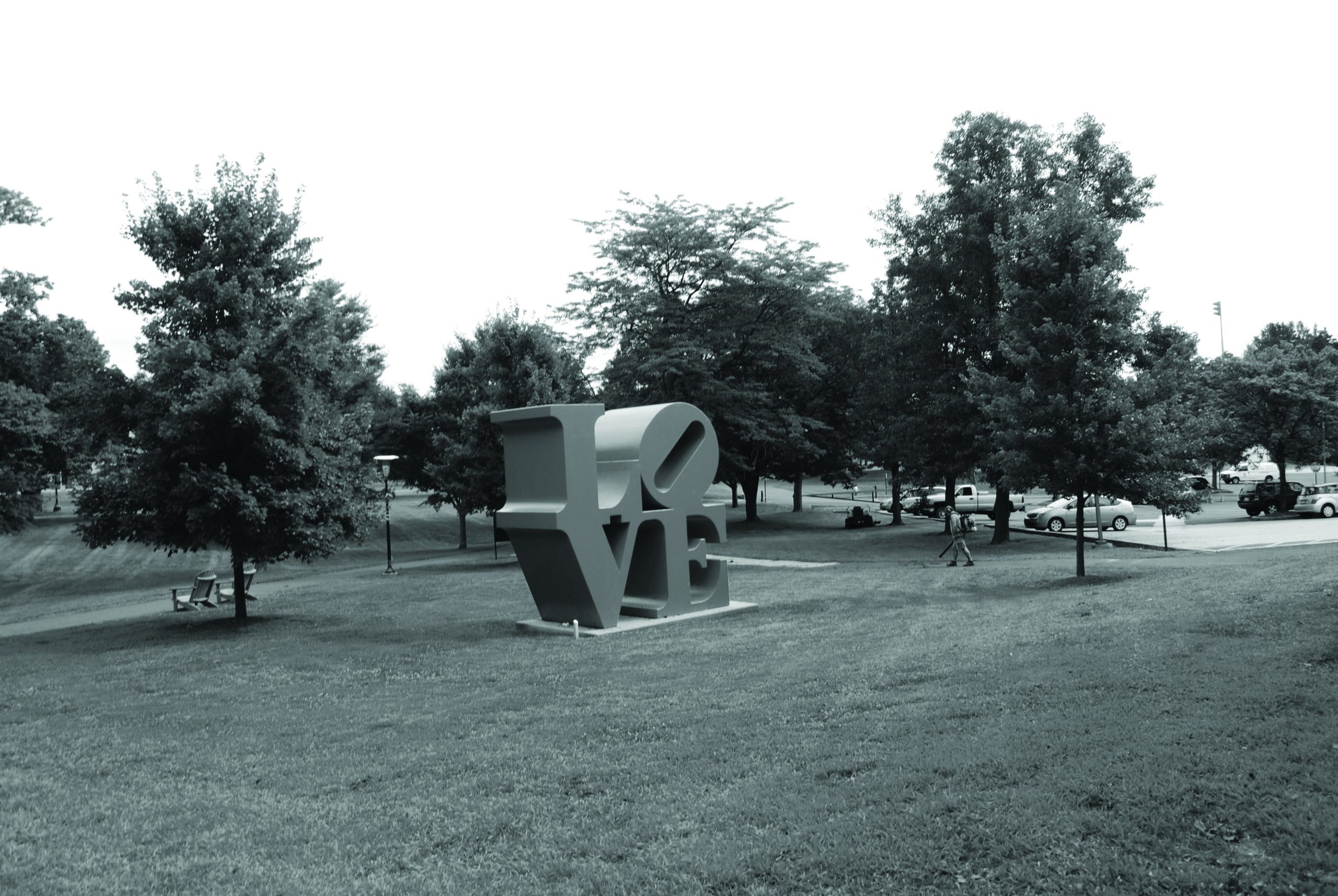
Kevin Leon
keleon@ursinus.edu
The sun goes up and down every day. This routine strings itself into weeks, which have now blurred into months. The last day of in-person classes was on March 6. The online-classroom that supplanted traditional college learning gave people more free time. No longer worried about having to show up to classes or club meetings, it became the perfect opportunity to take advantage of the new-found liberty, at least on paper. But it’s become obvious that the underlying issue at hand, the whole covid-19 pandemic, isn’t really the best backdrop for working or learning.
A lot of people have stuff that they want to learn or work on, but lack the time during normal, day-to-day life. Jobs or school take precedent over any creative outlets. And with all the new time that comes with unemployment and online-school, people should have the time to work on that stuff, right? I should be able to work on any art projects now, since I have the time. We should all be more productive with this time. Learn a new skill. Get into gardening. All that. But, I don’t believe that’s the right way to look at any of this.
When we think that, if only we had more time we’d work on these side projects, it assumes that everything is normal. A pandemic is anything but. Processing the changes that have and are occurring has a mental and emotional cost.
Our understanding of the world is shifting and giving in to the pressure of what? Not having to work? Of being shown that everything society has told us is required, like commuting to work every day, isn’t actually necessary? And while I’m glad that this is exposing how broken our national routine was, it still damages the psyche of everyone who is bearing the brunt of this, everyone who isn’t rich.
Wealthy people can stay in their big houses, not worried about paying rent or having the lights cut out or risking their health to grocery shop. Everyone else is thinking of these issues while worrying about what their problems will be in a week or two. And to expect people to be productive while mulling these risks shows a lack of empathy.
People shouldn’t feel like they’re failing to take advantage of this time by not picking up hobbies or new languages. It’s beyond that. When employers lack lenience, that’s a symptom of our productive meritocracy illusion. When universities don’t listen to students who want universal pass/fail, or even just universal pass, they too are continuing the fantasy of persevering through “hardship.”
And even those workers labelled as “essential,” who still have to show up to work, show why centering ourselves around productivity works against us. Videos of people in New York and Los Angeles clapping at the end of the day to extend gratitude for these workers is, on the surface, a good gesture. But when you start to consider how these people are required to work during a pandemic, risking their health and their families, clapping for them while in the safety of your home rings hollow.
I suppose the overarching point is that we are not living through a normal time, so expecting productivity to be equal to that of a pre-Covid world is silly. Empathy is more than just surface-level gestures. And you shouldn’t beat yourself up for not maximizing your time. Society’s shifting, and hopefully this helps to change things in the future when the pandemic ends.
